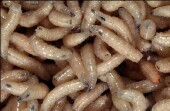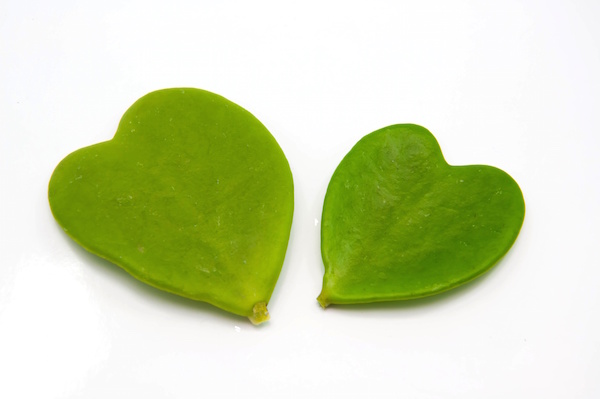
FRIDAY, Feb. 5 (HealthDay News) — Maggots used to treat chronic wounds can be killed by a type of bacteria that infects the wounds, Danish researchers say.
Use of maggots to disinfect wounds (maggot debridement therapy) is standard procedure at wound care centers worldwide. The maggots consume dead tissue and ingest bacteria that are killed in the gut. In addition, the maggots secrete antimicrobial compounds into the wound that reduce inflammation and promote healing.
This study found that maggots applied to simulated wounds that were heavily infected with Pseudomonas aeruginosa bacteria weren’t able to treat the wound and died within 20 hours.
P. aeruginosa — which causes many hospital-acquired infections — is often associated with chronic wounds in which bacteria clump together to form biofilms. Bacteria in biofilms have a “communication system” called quorum sensing (QS) that makes them more resistant to the patient’s immune system and antibiotics.
“When we blocked the QS signaling pathways in the bacteria, the maggots were much better at surviving and potentially cleansing the wounds,” study leader Dr. Anders Schou Andersen said in a news release from the Society for General Microbiology.
The findings, published Feb. 5 in the journal Microbiology, could lead to more effective treatment of wounds and new types of antibiotics, the researchers said.
“If we can find the specific bacterial mechanism that kills the maggots, we could target this when developing new treatments. For example, wounds infected with P. aeruginosa could be treated with an agent that interrupts bacterial signaling to ensure the success of maggot therapy and thereby wound healing,” Andersen said.
More information
The Department of Medical Entomology at the University of Sydney and Westmead Hospital in Australia has more about maggot debridement therapy.

